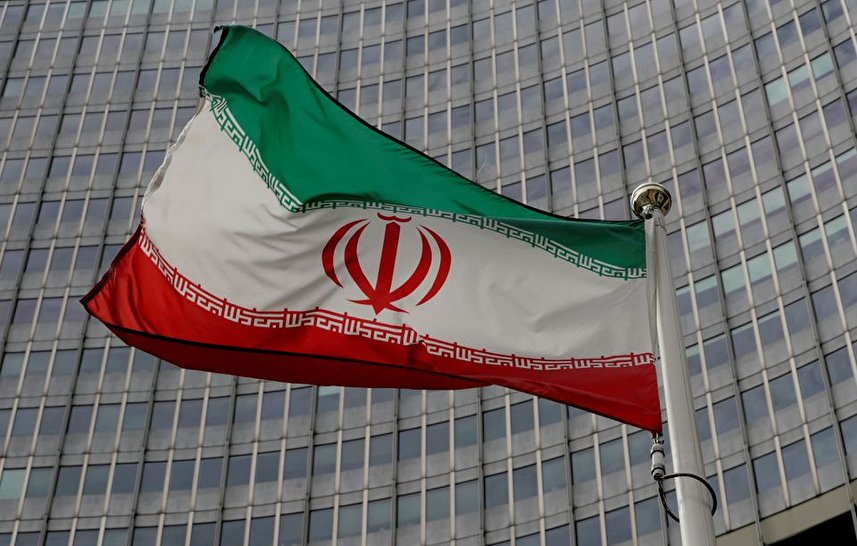- Constitutional Council spokesman visits Tehran Times anniversary exhibition
- ‘A Historic Day and A Valuable Legacy for Resistance’
- Spokesperson criticizes international community's inaction over US, Israel’s atrocities
- Right to resistance a legitimate struggle for liberation from domination: Tahan Nazif
Iran commemorates National Day of Constitution

“The Constitution of the Islamic Republic of Iran, as a legal document which is based on the universal values of Islam, provides for materialization of national consensus and negation of the world’s hegemonic order. It challenges all colonial and arrogant powers and considers supporting world’s Mutazafeen (the oppressed) a top humanitarian and Islamic priority and obligation,” the statement read.
“Undoubtedly, one of the important factors through which the Islamic Republic has succeeded in leaving crises and challenges behind [since the victory of the Islamic revolution in 1979] is the Constitution and its key ideas particularly those which provide the possibility of public participation in the administration of the country's affairs via vote and elections,” it added, noting that there is no legal deadlock onto the country’s path of progress.
The statement further said the neglected potentials of the Constitution need to be harnessed and all are quired to act upon the Constitution in face of problems and domestic issues.
The Constitution of the Islamic Republic of Iran was adopted by referendum on December 2 and 3 1979, and went into force replacing the Constitution of 1906. The national referendum was held with the question "Islamic Republic, yes or no" in March 1979. Some 98.2 percent of the voters said "yes." Following this victory, the Iranian Constitution of 1906 was declared invalid and a new constitution for an Islamic Republic was drafted and ratified by a referendum during the first week of December the same year.
The Constitution has been amended once on July 28, 1989. Article Six says, "In the Islamic Republic of Iran, the affairs of the country must be administered on the basis of public opinion expressed by the means of elections, including the election of the President, the representatives of the Islamic Consultative Assembly, and the members of councils, or by means of referenda in matters specified in other articles of this Constitution".
On April 24, 1989, the late founder of the Islamic Republic, Ayatollah Khomeini, issued a decree convening an Assembly for Revising the Constitution. It made several changes in the Constitution and made permanent the Expediency Discernment Council to work out disagreements between the Parliament and the Constitutional Council, and eliminated the post of Prime Minister.
The Constitution begins by stating, “The Constitution of the Islamic Republic of Iran advances the cultural, social, political and economic institutions of Iranian society based on Islamic principles and norms, which represent an honest aspiration of the Islamic Ummah. This aspiration was exemplified by the nature of the great Islamic Revolution of Iran, and by the course of the Muslim people's struggle, from its beginning until victory, as reflected in the decisive and forceful calls raised by all segments of the populations. Now, at the threshold of this great victory, our nation, with all its beings, seeks its fulfillment”.
It further states, “The basic characteristic of this revolution, which distinguishes it from other movements that have taken place in Iran during the past hundred years, is its ideological and Islamic nature. After experiencing the anti-despotic constitutional movement and the anti-colonialist movement centered on the nationalization of the oil industry, the Muslim people of Iran learned from this costly experience that the obvious and fundamental reason for the failure of those movements was their lack of an ideological basis”.
Every year on December 3, the Islamic Republic of Iran commemorates the National Day of Constitution.